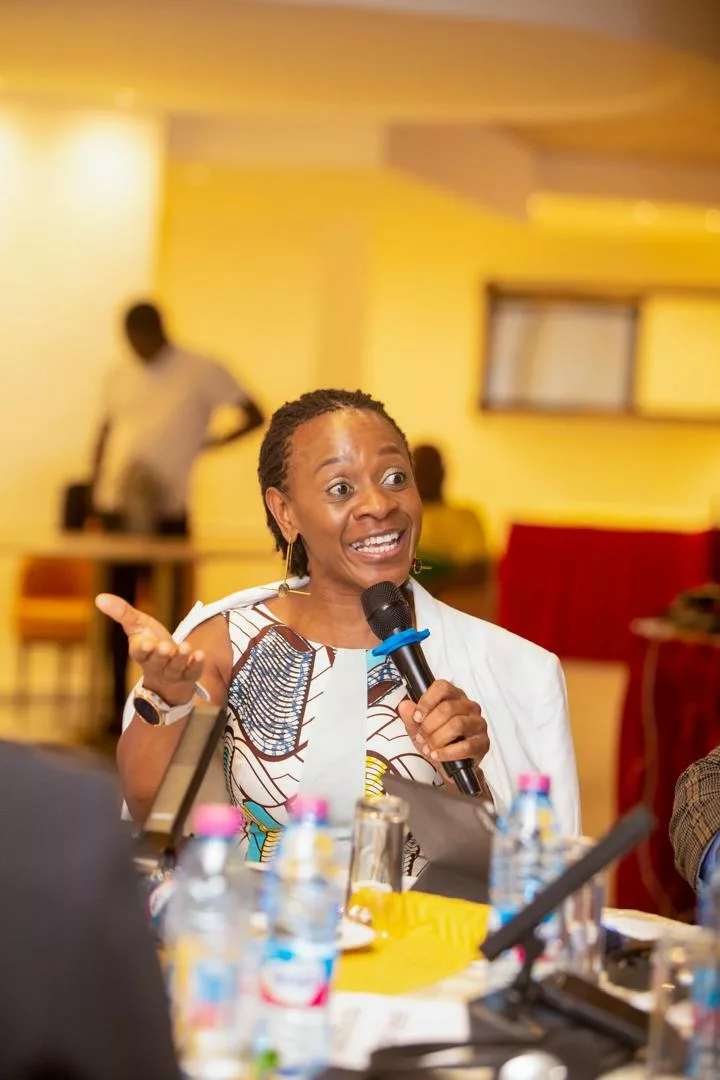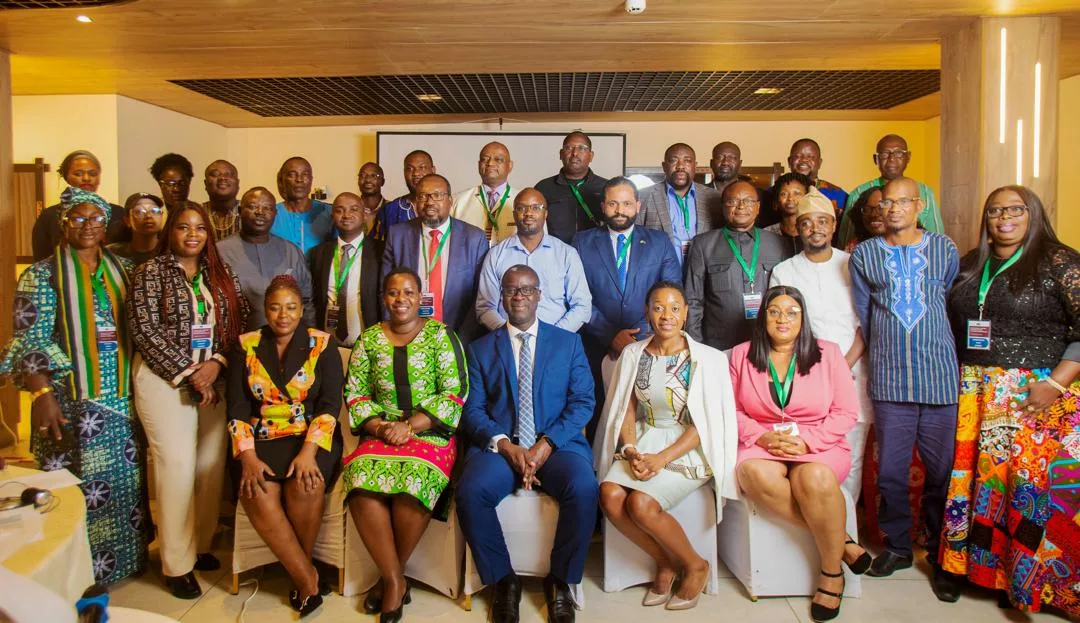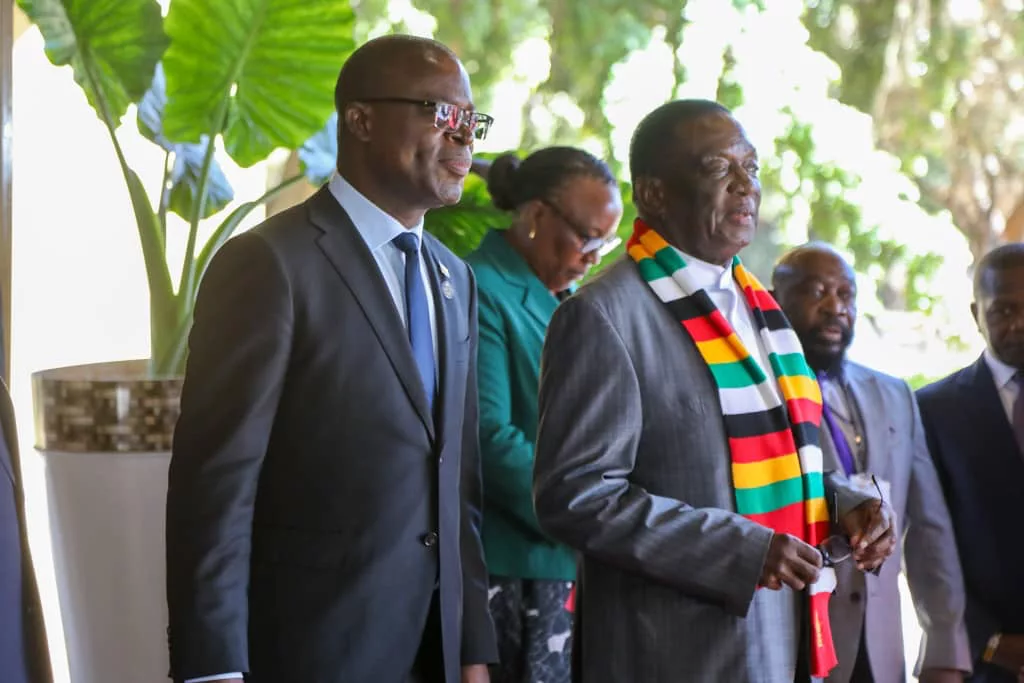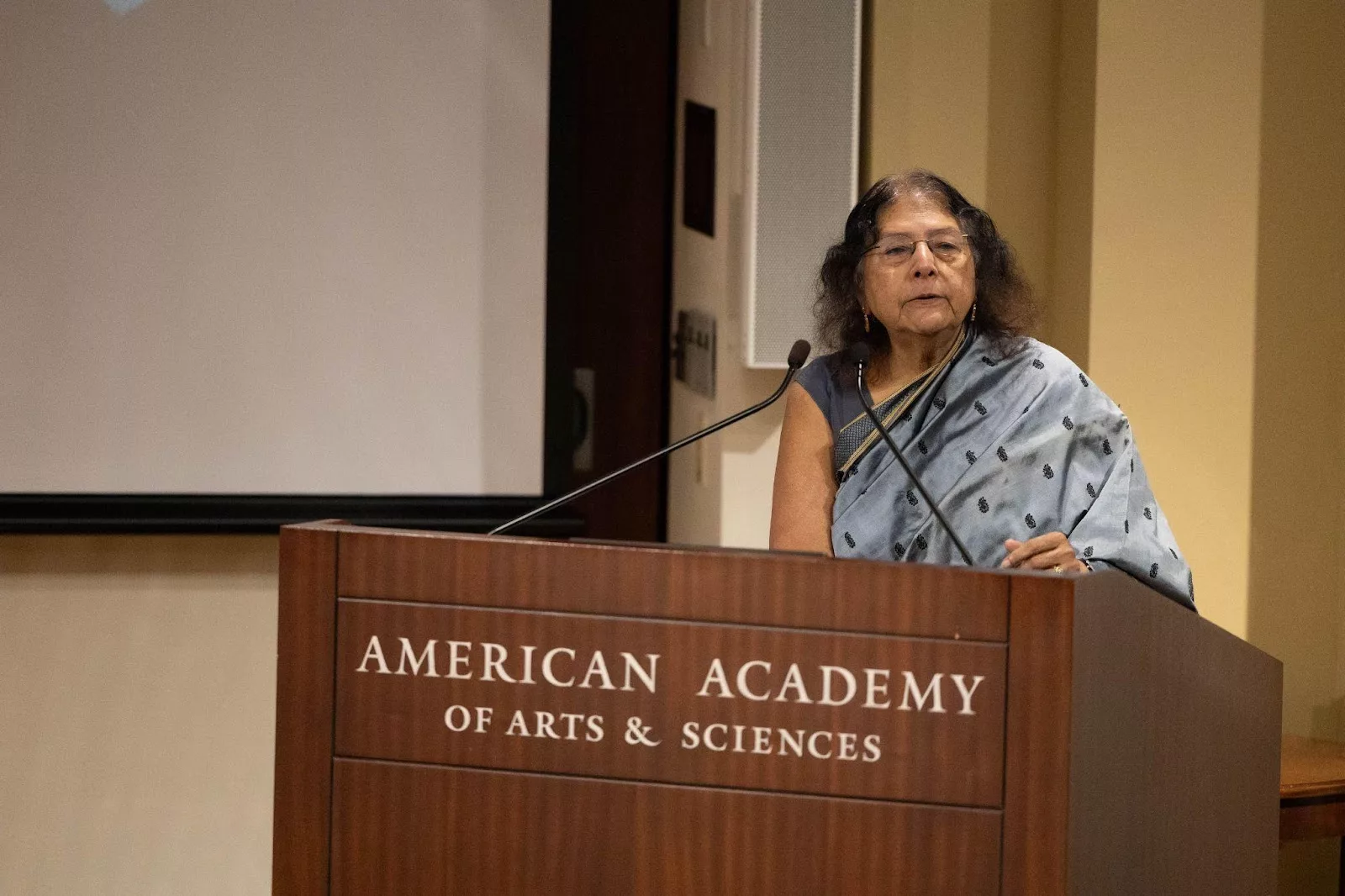|
Getting your Trinity Audio player ready...
|
As the African Union Commission embarks on the Post Malabo consultations roadmap, the Members of Parliament of the African States remain key stakeholders in influencing their governments’ budget processes that will enable member states to improve their agricultural productivity potential, with a focus on driving accountability for agri-food transformation.
This emerged at a 3-day workshop by the African Food Systems Parliamentarian Network (AFSPaN), a network of dynamic and dedicated national Parliamentarians as an advocacy platform, that kicked off in Accra today, 3 July 2024.
The AFSPaN has harvested lessons learned from the organization of national parliamentary retreats in Ghana, Nigeria, Kenya, and Malawi, and engaging proactively in policy spaces such as the 19th CAADP PP, Africa Food Systems Forum, and CoP28. It has exemplified its value and support at national and continental levels.
In her speech on behalf of H.E. Amb. Josefa Sacko, the Commissioner for Agriculture, Rural Development, Blue Economy and Sustainable Environment of the AU Commission, in a presentation titled “The Future of the Post Malabo Agenda: Elected Officials Driving Accountability for Agri-food Transformation”, Ms. Panduleni Elago, urged Parliamentarians to focus on envisioning the Members of Parliaments role in agri-food transformation through the Comprehensive Africa Agriculture Development Programme (CAADP).

This year is the 20th anniversary of CAADP. Twenty years ago, African leaders came together in Maputo with a shared vision: to revolutionize the agricultural landscape, lift millions out of poverty, and pave the way for sustainable economic growth. CAADP was born from this vision, and over the years, it has grown into a beacon of hope and progress for the continent.
“As we reflect on this journey, we must acknowledge the challenges we have faced, the lessons we have learned, and the progress we have made. CAADP’s journey has been one of resilience, perseverance, and adaptation. Over the two decades, lessons were learned from the transformation of our agricultural sector through CAADP, and one of the good lessons is that of inclusivity, ensuring that no constituency is left behind.
“It is on this basis Honourable Speakers, Members of Parliament, Ladies and Gentleman, that we are here, for the next two days to gather your views on how you can strengthen the mutual accountability to Actions and Results as they pertain to Commitment 1 of the CAADP Malabo. Also, the Malabo Commitment 2 on Enhancing Investment Finance in Agriculture, is probably one of the most important commitments requiring your support, of which, annually, a 10% budget allocation is supposed to be earmarked strictly to agricultural development by all the 55 African Union member states, individually. To date, only a handful of countries have managed to achieve this target,” Ms Elago said.
It is within this context, that the African Union Commission supported this gathering to see how working with nationally elected parliamentarian officials can provide leadership and spearhead policy and legislative agenda at the national level, that is to be guided by the CAADP Biennial Review commitments.
“We need to have governments be held accountable to better inform and transform agri-food systems, as part of mutual accountability. The journey of CAADP is far from over, and we must remain committed to its principles and objectives. As we stand at this juncture, we have the opportunity to set new and ambitious goals for the next chapter of CAADP. You all have a say and need to own the space in the future of the post-Malabo era.”
She highlighted the importance of advocacy and visibility at the country level, on the CAADP agenda, and its aspirations. This is one area in which Africa has not managed to accomplish.
Ms Elago urged parliamentarians to focus on harnessing the potential of technology, innovation, and sustainability in agriculture.
“We have seen how we are being challenged by the new dynamics such as climate change, pandemic diseases, conflicts, war, just to mention a few. We must prioritize climate resilience and environmental conservation to ensure that future generations inherit a thriving Africa.
“Education and skills development should remain central to our efforts, empowering our Youth and Women to become the leaders and innovators of tomorrow. By the end of this consultative meeting, a Parliamentarian statement on the post-Malabo agenda will be realised. It will be my duty to ensure that your input is part of the next 10-year Action Plan. The African Union must ensure that an open conducive environment is rendered to yourselves, and to all those who strive to be part of this process. In closing, let us remember that the success of CAADP has been a collective effort. It is the result of the dedication, hard work, and unwavering commitment of African leaders, yourselves as Members of Parliaments, farmers, scientists, civil society, entrepreneurs, and all those who have contributed and still are to this noble cause.”
The overall objective of this meeting is to continue with the Parliamentarians peer to peer learning on CAADP and its processes. As the continent moves into a new CAADP Post-Malabo agenda.
This Parliamentarians Consultative meeting will also aim to improve collaboration with members of parliament, to learn, understand, and identify key actions and priorities to inform the post-Malabo Agenda. The meeting will focus on enhancing parliamentarians’ awareness and understanding of the CAADP processes from Maputo to Malabo as well as capture their proposed strategies and structures for a better post-Malabo agenda.
The specific objectives of stakeholder consultations are to facilitate parliamentarians’ reflections and learning on the last 20 years of CAADP implementation, specifically the BR Reporting, to inform the future. This will include outreach, awareness, socialization, building momentum, and buy-in for the Post Malabo process and issues.
The meeting will also enable parliamentarians to provide input into and inform the post-Malabo agenda; develop a strategy to promote the utilization of the 4th BR report for enhanced policy development and implementation at the country level; and provide a platform for peer-to-peer learning towards developing a roadmap for engaging Members of Parliament in Africa’s Food Systems agenda.






